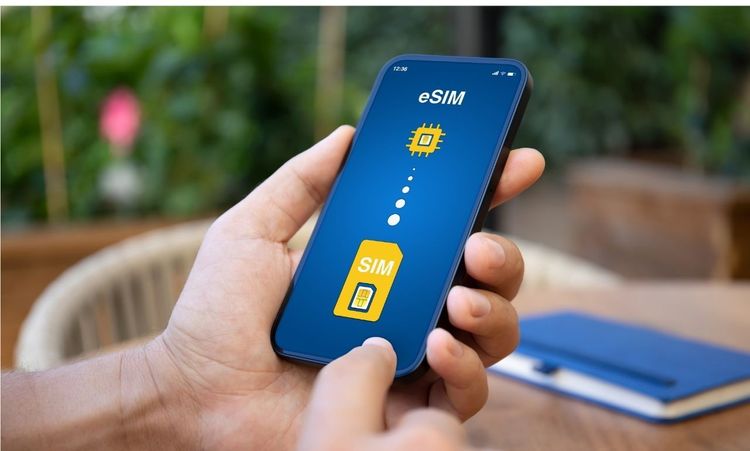Checking into a hotel feels like stepping into a world designed for comfort. Crisp sheets, polished furniture, and soft lighting set the stage. Yet, not everything in that room is as pristine as it appears.
Hotels cater to thousands of travelers every year. Staff work quickly to prepare each room for the next arrival. In that rush, some items do not get the attention they deserve. This creates hidden risks for health, safety, and your wallet.
The smartest travelers know it’s not just about what you do in a hotel. It’s also about what you avoid. Some actions seem harmless but can create expensive, unsanitary, or even unsafe situations. Let’s break down the seven biggest mistakes guests should steer clear of.
Never, Ever Use the Bedspread
When you see a freshly made bed, the first instinct is to dive in. Resist that urge with the bedspread. Unlike the sheets, which are laundered daily, bedspreads often remain untouched for weeks.
Housekeeping teams focus on what guests immediately notice. Sheets and pillowcases get priority because they directly contact skin. Decorative bedspreads? They’re considered low priority. That means germs, dust, and allergens collect in those thick fabrics.
Imagine how many guests sit on that surface, unpack bags, or eat meals while watching television. Even pets are allowed in many hotels. Now think of that fabric covering you at night. Not the most relaxing thought, right?
The solution is simple: remove the bedspread as soon as you enter. Fold it neatly and place it in a corner. If you need extra warmth, call reception for a freshly washed blanket. Most hotels will gladly provide one.
Avoid Touching the Remote Control
Televisions are nearly universal in hotel rooms. But the remote control? It may be the dirtiest item in the entire space. Studies have found more bacteria on remotes than toilet handles.
Consider how many guests handle that remote each day. Few stop to wash their hands first. During cold and flu season, that little device becomes a germ magnet. Some cleaning staff wipe it quickly, but deep sanitization is rare.
You can still watch your favorite shows without worry. Bring sanitizing wipes and clean the remote before use. If wipes aren’t available, wrap the remote in a tissue or plastic bag. It may not look stylish, but it prevents unnecessary illness.
Don't Forget To Use the Door Lock
Hotels spend heavily on security systems, but that doesn’t make your room completely safe. The main lock alone is not foolproof. Master keys, lost keycards, or even clever intruders can compromise it.
Most hotels install secondary locks such as chains, latches, or deadbolts. Using them is not just smart—it’s essential. That extra step makes unauthorized entry far less likely.
Always lock the door when inside, even for a quick nap or shower. Criminals rely on opportunity, not elaborate plans. Showing that your door is secured discourages them from trying.
Think of the lock as a seatbelt for your room. You may never need it, but you’ll be glad it’s there.
Don't Assume Glasses Are Clean
Many travelers trust the neat arrangement of glassware beside the sink. Unfortunately, appearances don’t always tell the truth. In some hotels, staff rinse glasses quickly instead of fully sanitizing them.
Sometimes, housekeeping even wipes them with the same rag used to clean counters. That cloth may contain chemicals or residue. You won’t notice until you pour yourself a drink. By then, germs and cleaning products are already on your lips.
Protect yourself with a simple precaution. Wash every glass with hot water and soap before using it. If you’re in doubt, call the front desk and request disposable cups. They are far safer and often complimentary.
Clean water should refresh you, not make you sick. Taking a minute to clean ensures you enjoy it with confidence.
Never Leave Valuables Unsecured
Hotels are convenient, but they are not immune to theft. Guests often assume their belongings are safe inside a locked room. Sadly, reports of missing items still surface.
Leaving valuables in plain sight invites temptation. Even trustworthy environments are not perfect. Passports, wallets, jewelry, and laptops should always be secured. Most modern hotels provide safes inside closets or drawers. Using them is the simplest form of insurance.
When no safe is available, store items in your locked luggage. Another option is to keep essentials with you when leaving the room. It may seem inconvenient, but it prevents major stress later.
Insurance may replace lost items, but sentimental belongings are irreplaceable. Protecting them from the start saves heartache down the road.
Don't Use the Coffee Maker Without Cleaning It First
Few things sound better than fresh coffee in bed. The in-room coffee maker makes it possible—but only if it’s clean. Many machines are rarely sanitized between guests. Moisture left inside creates the perfect breeding ground for mold and bacteria.
Some guests even misuse coffee makers by heating soups, instant noodles, or other food. Leftover residue builds up over time. That “fresh” brew could carry unpleasant extras you never asked for.
Before brewing, run hot water through the machine at least once. If possible, clean removable parts with soap. Another option is to buy coffee from the hotel café or a nearby shop. Spending a few extra dollars is worth avoiding stomach trouble.
Your morning cup should energize you—not leave you wondering about mystery flavors.
Avoid Using the Mini-Bar
The mini-bar is tempting. A chilled soda or candy bar within arm’s reach feels indulgent. But that convenience comes at a steep price.
Items inside are often three or four times more expensive than store prices. Worse, some hotels use motion sensors that automatically charge guests. Simply moving an item to check the label may add it to your bill.
Disputing those charges is rarely easy. Staff often insist the system is accurate. By the time you prove otherwise, the stress ruins the indulgence.
Save your money for experiences outside the hotel. Local shops and restaurants provide better options at reasonable prices. The mini-bar is best left untouched, unless you enjoy unpleasant surprises on your final invoice.
Conclusion
Hotels can be a home away from home, but they’re not without pitfalls. Small oversights can quickly lead to big problems. Bedspreads harbor germs, remotes spread bacteria, and mini-bars drain wallets.
By making simple adjustments, you stay healthier, safer, and stress-free. Remove the bedspread, sanitize high-touch surfaces, and always secure valuables. Take control of your environment, and the experience will be far more enjoyable.
Travel should be memorable for the right reasons. The next time you check into a hotel, keep these seven rules in mind. They could be the difference between a restful stay and a cautionary tale.




